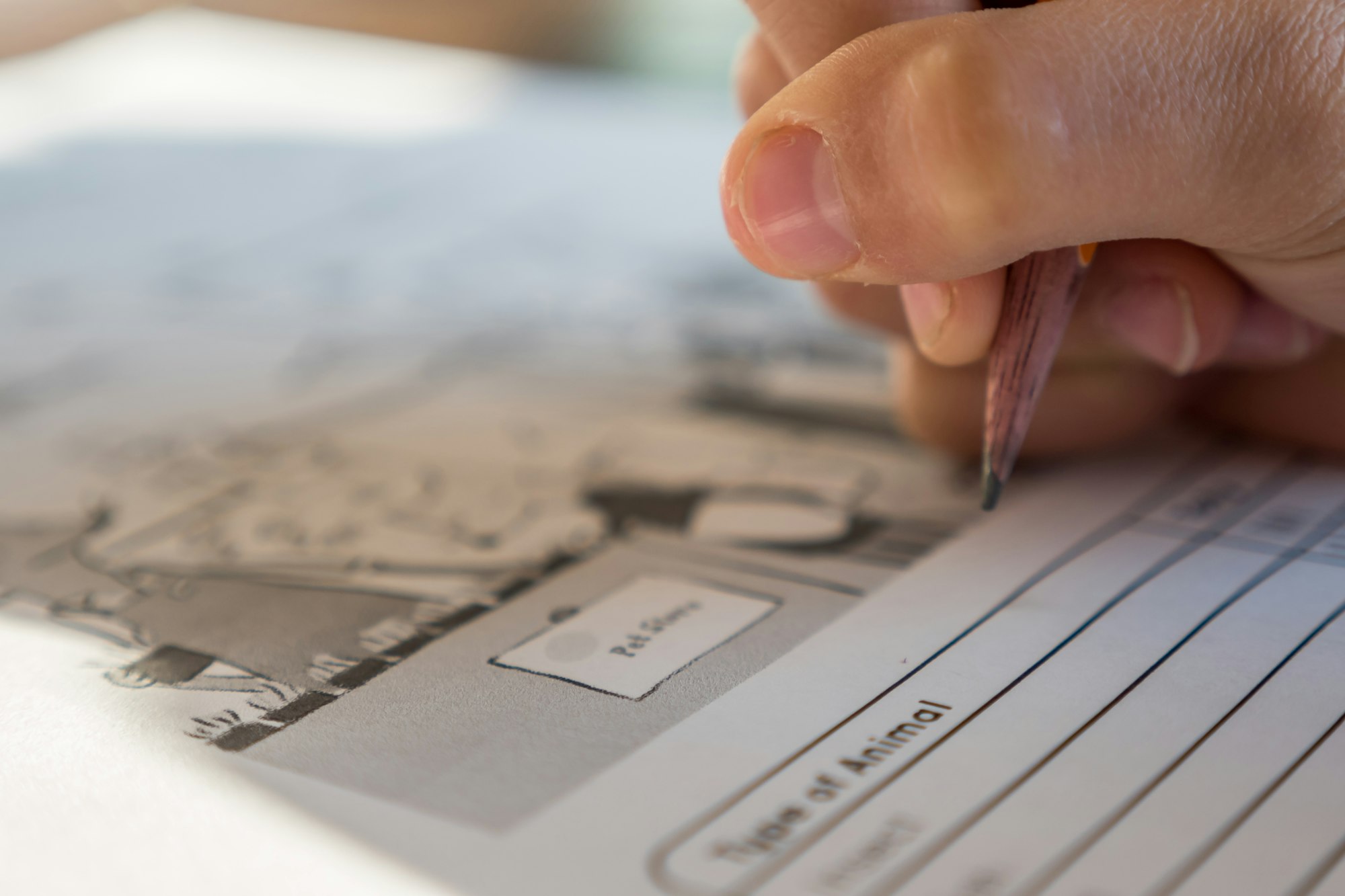Introduction
Revision is considered very boring and strenuous as exams close in, but it is absolutely necessary to excel at them. Revision is the one thing that can help students go from having a decent score to a great score. A lot of competitive exams rely on a student’s ability to recollect what was studied and apply that knowledge from a practical perspective. For such situations, revision is absolutely necessary.
How to Revise Effectively
Now that you know the advantages of revision, it is time to consider how it can be done. Different students adopt different methods for revising their subjects because different people have different capacities. So, consider the following points not as steadfast rules towards revising effectively but rather as guidelines that you can incorporate into your schedule to make your system more efficient.
Start in Advance
Make an attempt to start revising lessons as early as possible. Effective revision is not something that can be speedrun through. With a proper timetable and a well-organized schedule, it is possible to revise slowly enough to retain all of what has been studied while also leaving enough time so as to not get overwhelmed by the volume of the content in the curriculum and rush through the portions.
Create a Game Plan
Planning is paramount. Create a comprehensive but progressive plan for revision. The first step in this process would be to go through the syllabus and identify what is most important and what is not. This can take a while, which is why it needs to be emphasized once again how important it is to begin as early as possible. Once all the topics in the syllabus have been systematically categorized in order of priority, split the remaining time into timeframes regarding what needs to be done at what time and assign tasks and deadlines to oneself.
Find a Method Based on Personal Preference
Everyone has different paces and different preferences when it comes to the method by which they prepare for an exam. For example, some people might start with the most difficult parts of the curriculum and then move towards the easier sections, while others would prefer to get the easy stuff out of the way first and then proceed towards the more difficult parts. Some people might like to complete their revision one subject at a time, while others might prefer revising different sections on different days. It completely depends on personal preference. So devise your own method based on that.
Eat Regularly and Healthy
When revising for an exam, make sure to eat three meals a day and make sure to avoid junk food in your diet. The former is to ensure that the student has the energy required to sit through the grueling but necessary experience of intense study, and the latter is to make sure that they do not get any problems related to digestion during that period. It is advised to stick to home-cooked food for the same reason, or if that is not available, students can try to cook on their own or buy from a shop that can be trusted.
Exercise
In your schedule, allot a little time, preferably in the morning, for exercise. Exercise helps in rejuvenating different muscles in the body and circulating blood supply throughout, hence helping improve performance. Exercise can also act as a great start to the day and as a means of energizing the body for the day.
Why Revision is Important
Students often realize how much they have to study around the time of exams, typically when they have a couple of months left for it. This is the perfect time to commit to revising subjects because that is around the time when teachers complete the portions - allowing ample time for revision. So, with that in mind, let us delve into what makes revision so necessary.
Better Grades
This is the most obvious benefit of revision. The more a student revises for an exam, the better they will be able to attempt it and the more points they will be able to remember to put in their exam papers. This offers the perfect segue to the next point.
Helps in Improving Learning Retention
Revision is essentially repetition - studying the content that has already been studied. This might seem like a pointless exercise at first but it helps in retaining what has been studied better. Repetition essentially rejuvenates the neurons responsible for learning that particular concept, again and again, indicating to the brain that it is of higher importance, hence prompting those neurons to store that information in the brain’s long-term memory.
Reduces Stress and Anxiety
When a student revises for an exam, it helps them in remembering concepts better, and as a result, they will feel less stressed and anxious when attempting an exam. Stress and anxiety can have a grave psychological impact on students, so reducing it, especially in the event of an exam is crucial to their success.
Improves Confidence
Confidence plays a very important role in both preparations as well as attempting an exam. The more confident is, the better they will be able to perform at the exam, and so to build confidence, revision is vital.
Conclusion
Revising lessons is crucial for academic success, but so are organization and time management. When all these go hand-in-hand, it allows for a targeted approach toward successful revision. Maybe it is possible for a student to attempt an exam without revision, but with revision, their outcome would be significantly better.
Teachmint is one of the leading education infrastructure providers in the country. With our advanced learning management system, you can improve the teaching-learning experience. Our offerings like education erp, admission management system, fee management system, and others conveniently digitize educational institutions.
Suggested Read: World Malala Day






